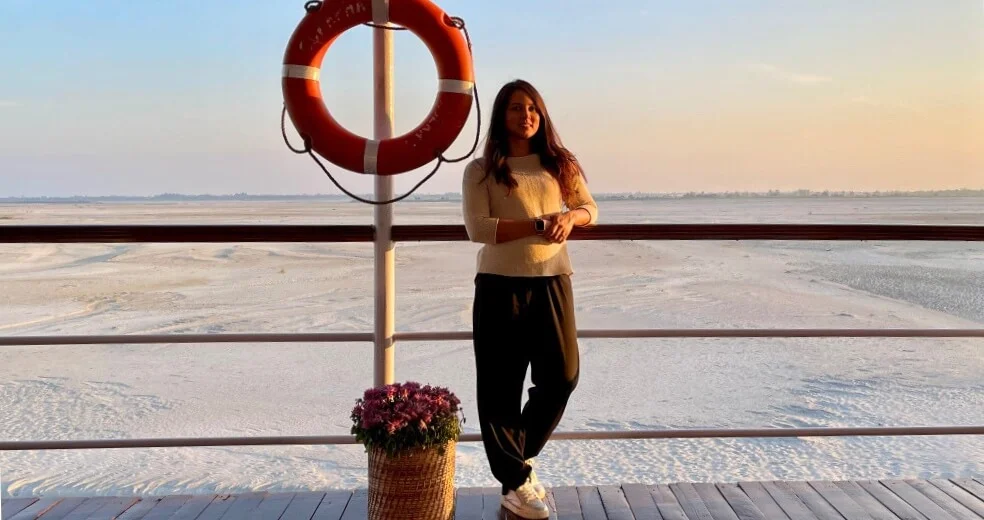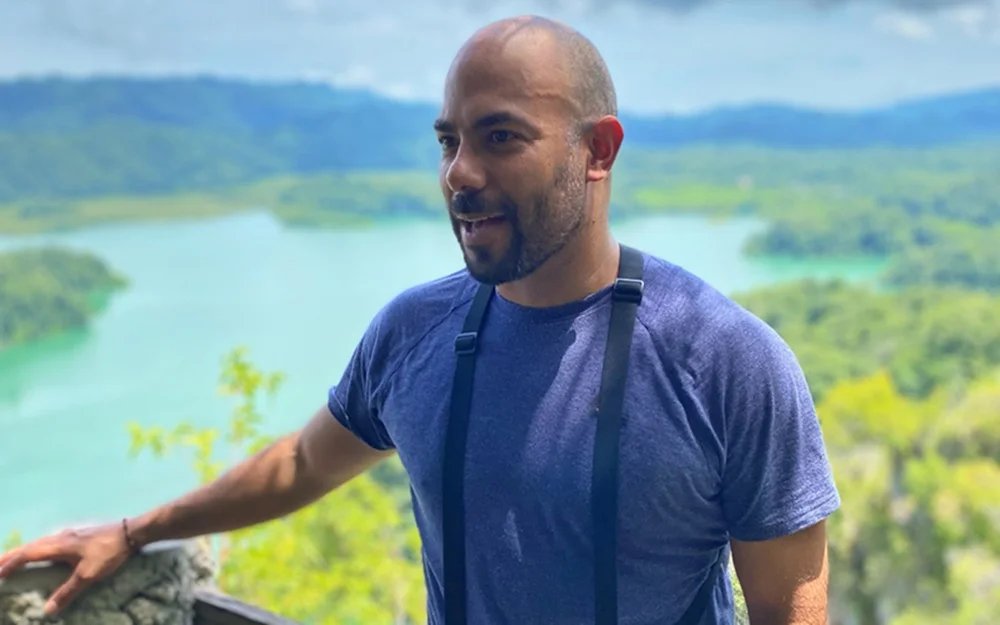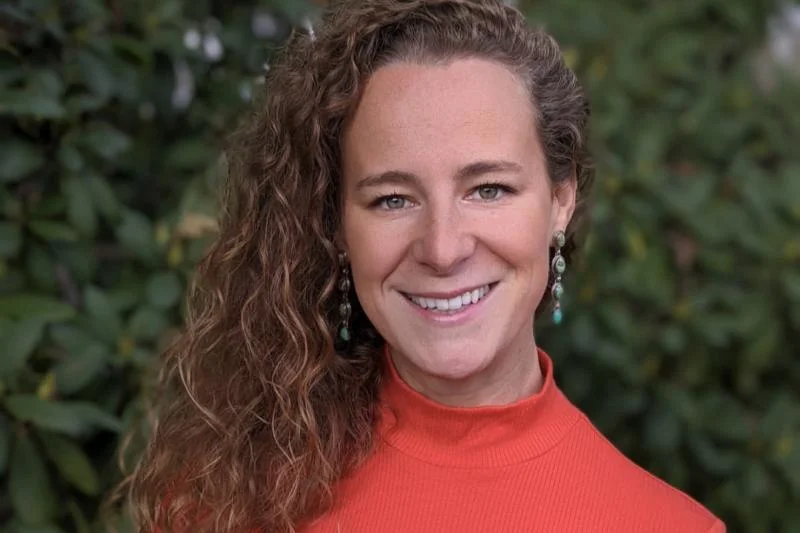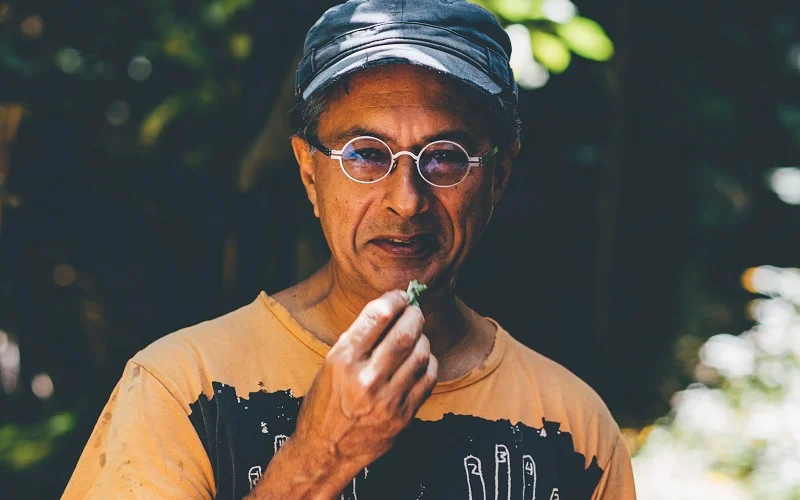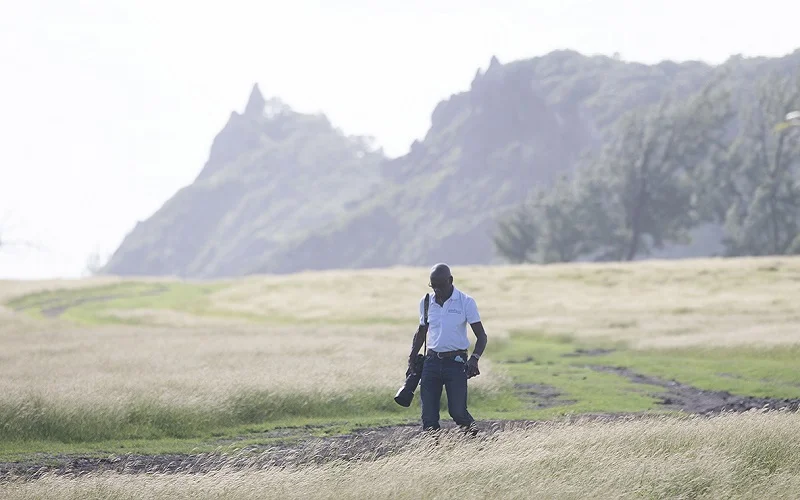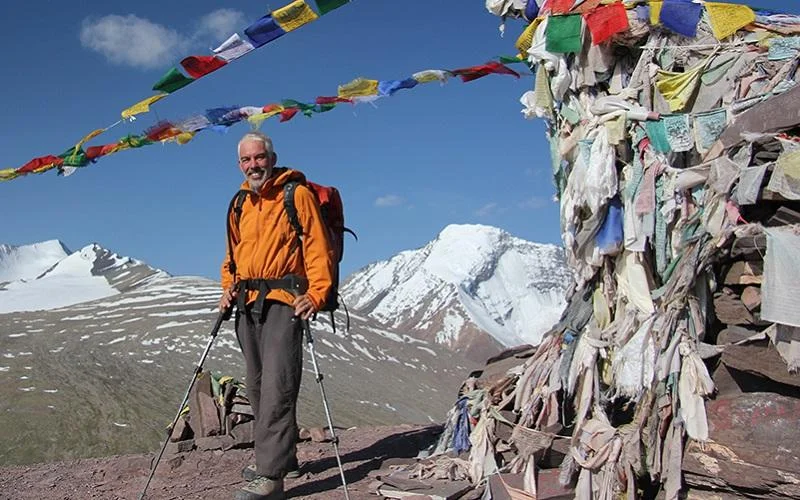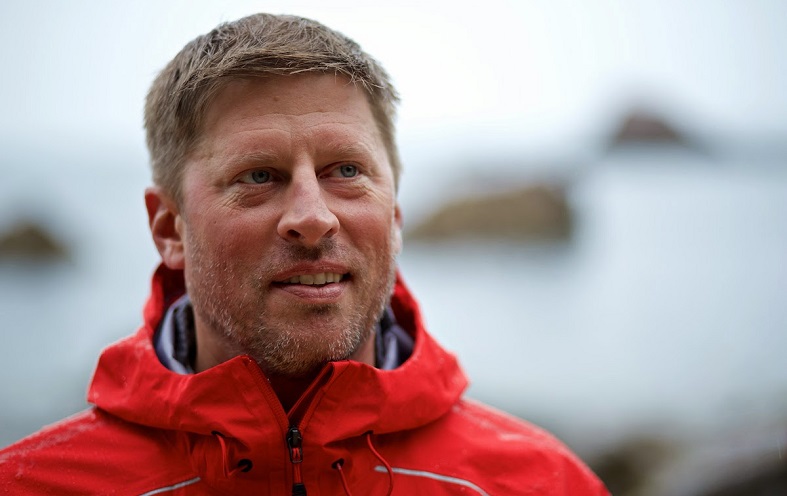
Adventure tourism is en vogue and celebrated for its ability to bring visitors even to remote destinations. But how to ensure that adventure travel is good for the natural environment and the locals?
Shannon Stowell, CEO of the Adventure Travel Trade Association (ATTA), in our interview, illustrates how his organization is setting industry standards, advocating for responsible adventure tourism. He also shares how the Adventure Travel Conservation Fund supports the important task of safeguarding the natural and cultural resources at adventure destinations around the world.
And, of course, we asked him about how the adventure travel trade is coping with the coronavirus pandemic.
Shannon, you were bitten by the travel bug early in your life. What motivated you to translate this passion into promoting sustainability in tourism?
I’d say it was a long windy road with lots of learning on the way and much more to do. I got interested early and was naturally drawn to early conservationists. Growing up in the mountains in Colorado also helped me understand what it meant to have pristine wild places, and this has translated to my career now, as someone who helps develop and promote travel.
What inspired you to create the Adventure Travel Conservation Fund? How has it helped to conserve the natural and cultural resources of adventure travel destinations?
Over the years we had many of our members ask if they could contribute to projects or, on the other side of that coin, had projects they needed help getting funded.
So we created the ATCF as an answer to that. It is an opportunity for the industry to come together and agree to support key grassroots-led projects that have a high probability of success and focus on important issues, like local people’s involvement and environmental protection.
We’ve funded quite a few projects now, that has done everything from helping a displaced tribe resettle to reducing plastic usage in Mexico!
The 2020 coronavirus pandemic has put travel upside down. Apart from the significant challenges, it is posing, do you think it also presents us with opportunities for businesses, especially regarding tourism sustainability?
Definitely. If we can’t take this pause as a time for reflection on how the tourism industry worked, we are missing a one-time window of opportunity.
More than ever, everyone in tourism should be asking how we can build back more responsibly. I hope travel will be more purposeful and less frivolous. Destinations in particular have the opportunity to define how they want tourism to come back. Overcrowded places finally are not, so how should that destination think about recovery in that light?
You recently pointed out that the current travel hibernation is the perfect opportunity for the world to rebuild travel in the right way. Yet, many countries and destinations are desperate to open their borders to revive their stagnant economy. How can we strike a balance between doing this ‘fast’ and ‘well’?
This is the million-dollar question, for sure. I think it will be different for different destinations and compromise is understandable for the short term. But I do think discounting and other strategies to get anyone back at any cost will be hard to pull back from.
If destinations do anything they can to get the crowds back, then that will probably end up being the new norm.
I would encourage destinations to retarget toward travel products and travellers who are focused on truly benefiting the destination vs. exploiting it.
The pandemic has given us an opportunity to pause and reflect on the often-exploitative nature of travel. Do you think there will be a paradigm shift in the way governments will approach sustainability?
It will be all over the map. Some will turn up the dial on sustainability demands during this time, some will put it on the back burner, in order to get revenue rolling again.
I’m worried about losing ground on issues like single-use plastics, which many destinations were starting to deal with.
There is a strong interest now in enjoying open spaces, following months of isolation at home during this pandemic. What trends in travel are we going to see in the coming months and years?
Smaller groups, known co-travelers, open-air, lots of restrictions in public spaces, interest in nature, isolated places, controllable units.
With members in 100 countries around the world, how do you oversee the implementation of social and environmental initiatives at ATTA?
We work with a lot of the long tail of travel – small and micro-enterprises. There’s no feasible way to implement costly programs or audits. So we rely more on education, inspiration, and encouragement among our peers in the industry to get more companies, destinations, and individuals involved in initiatives.
Honestly, most of our members already have their own initiatives because this industry is motivated to do travel right. We also have some initiatives that anyone in the industry can be a part of The Adventure Travel Conservation Fund, Tomorrow’s Air, and Neutral Together.
Like the Sustainability Leaders United, ATTA has declared a climate emergency, which involves a commitment to cut the total carbon emissions per trip arising from operations and travel services from member organizations. How will tour operators and tourism boards implement this, considering that many countries thrive (if not depend) on tourism from international markets?
It is a challenge we have to tackle together and hopefully get the traveller involved as well. Most importantly, it is to reduce existing waste and footprints and then to offset or recapture the carbon through previously mentioned initiatives.
We’re also hoping to see fewer short and cheap trips in the market, including budget airlines, as an outcome from the current economic fallout.
At ATTA we’re encouraging everyone to write about, market, sell and take fewer – yet longer trips. This could make a real difference in both – carbon footprint and the traveller’s experience of immersing in a destination.
Climate change and seasonality are two challenges frequently mentioned in connection with destination sustainability, especially mountain tourism. Do you have advice for DMOs on how to address those?
Simply start taking it seriously. I went to a mountain tourism event a couple of years ago and while the concern for rising snow lines came up, there was not one session on climate change, and single-use plastic bottles were issued at every session at every table. The disconnect between this slow but increasing climate crisis and business-as-usual was jarring. I’d encourage destinations to be bold and to be leaders.
Anything else you’d like to mention?
I hope, as an industry we can help travellers understand that traveling is a privilege, as opposed to a right, and is fragile and precious. I hope we can help travellers become the ones that demand better when it comes to human rights, environmental issues, and social issues around travel.
Thank you, Shannon.
Connect with Shannon Stowell on LinkedIn, Facebook, Twitter, or Instagram. Find out more about the Adventure Travel Trade Association here.
Did you enjoy our interview with Shannon Stowell on how he is aligning efforts to spread best practices for responsible adventure travel? Thanks for sharing!

